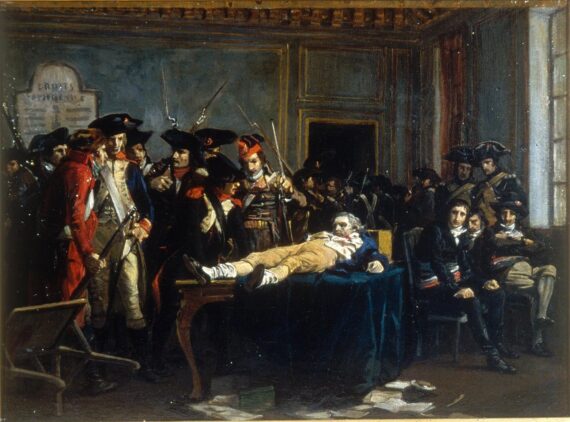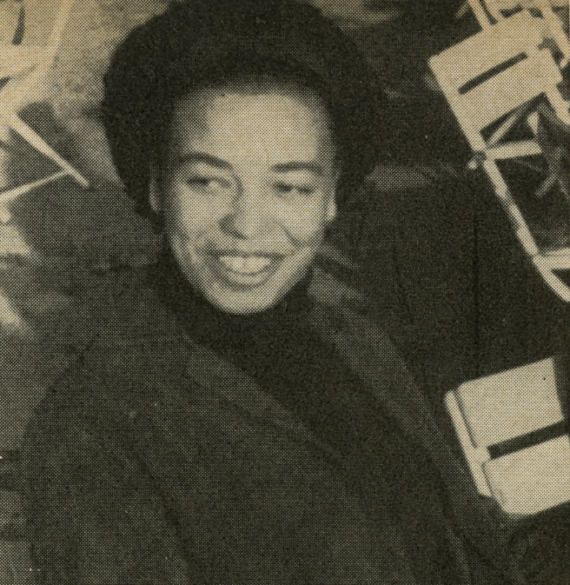… If that is true, it presents a real challenge to Soviet legal thought, as well as to Jeremy Kessler’s minimal historical materialist account of law. It introduces a large element of contingency, which may be difficult to square with historical materialism. In the end, this may bring Yakov Staroselsky closer to Nietzsche and Foucault, than to Marx…
Revolution 13/13
In a brilliant and wide-ranging interview from 2020, Angela Davis returns to her years at the University of Frankfurt and reexamines her intellectual engagement with Herbert Marcuse, Theodor Adorno, and fellow graduate students at the University of Frankfurt in the late 1960s. The encounter with Adorno and Marcuse, Davis now suggests, provides a crucial theoretical piece in the development of her abolition-feminist method. That piece was the experience of a contradiction that could not simply be resolved or overcome, but served instead productively to generate new understandings and practices—new forms of critique and praxis. This raises, for me, the fascinating question whether there is more continuity from the first generation of the Frankfurt School to the critique and praxis of Angela Davis (as well as of Hans-Jürgen Krahl and the SDS students), than there is to that of critical theorists who are generally identified as the second or third generation of the Frankfurt School. I don’t mean to be provocative, I am totally genuine here. Maybe we have gotten our genealogies all wrong. Maybe the spirit of the Frankfurt School went in a very different direction [continue reading here …]


